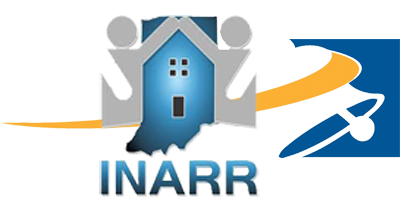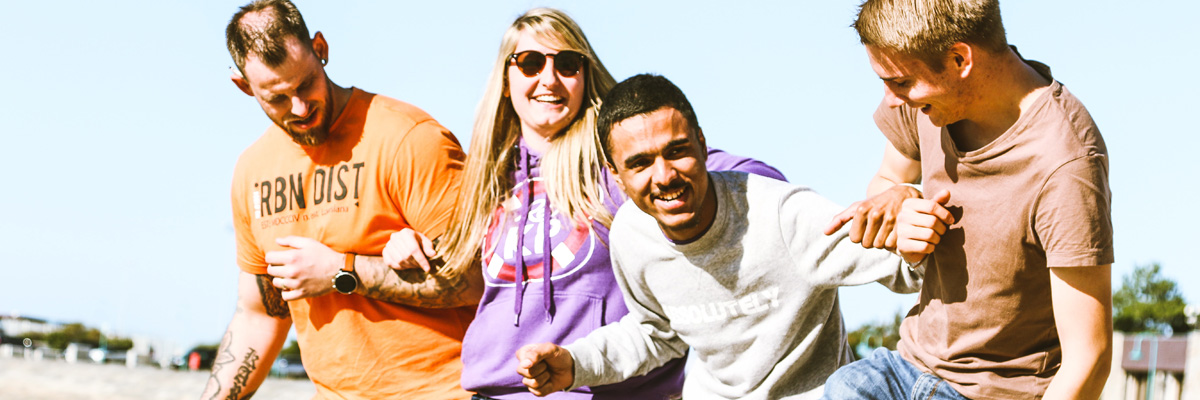Peer Supports
What is Peer Recovery Support?
Peer Recovery Support professionals are people who have been successful in the recovery process who help others experiencing similar situations. Through shared understanding, respect, and mutual empowerment, peer support workers help people become and stay engaged in the recovery process and reduce the likelihood of relapse. Peer support services can effectively extend the reach of treatment beyond the clinical setting into the everyday environment of those seeking a successful, sustained recovery process. (SAMHSA 2017)
Multiple Pathways of Recovery
Peer Recovery Support professionals recognize that there a multitude of pathways to recovery. It is essential for the peer-based model to be educated on many pathways of recovery and provide the ability for the person whom they are assisting with connecting with the pathway of that person’s choosing. Peer Recovery Support professionals are educated and understanding towards pathways such as moderation, any positive change (harm reduction), 12-step, faith-based, evidence-based science recovery, familial and community support, or any other pathway the person identifies that may assist with the person’s recovery process.
Person Centered/Strength Based
Peer recovery support provides a strength-based approach to a person’s recovery journey. By assisting with identifying the person’s strengths, peers guide the person to self-directed choices about their personal recovery. Peer Recovery Support professionals empower the person to remove barriers and obstacles associated with that person’s recovery process. Peer Recovery Support professionals can also assist with reoccurrence (relapse) plans and how to navigate those situations, should they arise.
Integrated Recovery
Peer Recovery Support professionals work alongside a person to ensure that their recovery is integrated with their physical health, mental health, community and family. Peer Recovery Support professionals assist with providing resources and guidance to allow the person to remove any barriers or obstacles to having this integrated recovery in their lives.
Extensive Training and Knowledge
Certified Addiction Peer Recovery Coaches (CAPRC) receive 30 hours of initial training focusing on the skills domains of advocacy, mentoring and education, recovery and wellness support and ethical responsibility. It is encouraged that they also receive an additional 16 hours of education specific ethical responsibility. The credentialing process for CAPRC also includes passing an international peer recovery exam to ensure the peer understanding the competencies and skills of the role. To learn more, visit www.icaada.org
Community Health Workers/Certified Recovery Specialist (CHW/CRS) receive 40 hours of training specific to peer recovery support services. This training ensures the peer has competencies regarding physical health, mental health and substance use. The peer must pass a state recognized exam to ensure the peer understands the competencies of their role. To learn more, visit www.peernetworkindiana.org
National Certified Peer Specialist (NCPS) is a credential offered through Mental Health America (www.mentalhealthamerica.net) is to show employers the peer has significant knowledge and skills pertaining to the peer recovery support role. This credential is for peers whom have experience in the role and may already be certified through another credentialing body. To learn more, visit https://www.mentalhealthamerica.net/national-certified-peer-specialist-ncps-certification-get-certified
National Certified Peer Recovery Support Specialist (NCPRSS) is a credential that standardizes the knowledge and competency of peer support to individuals with substance use and co-occurring mental health disorders. To learn more, visit https://www.naadac.org/ncprss


